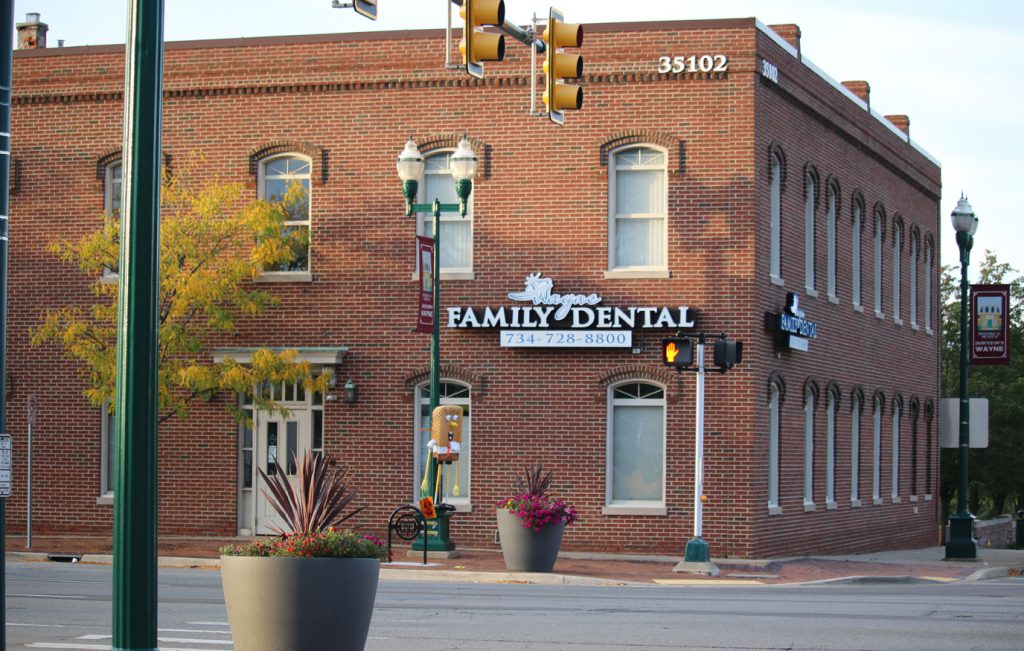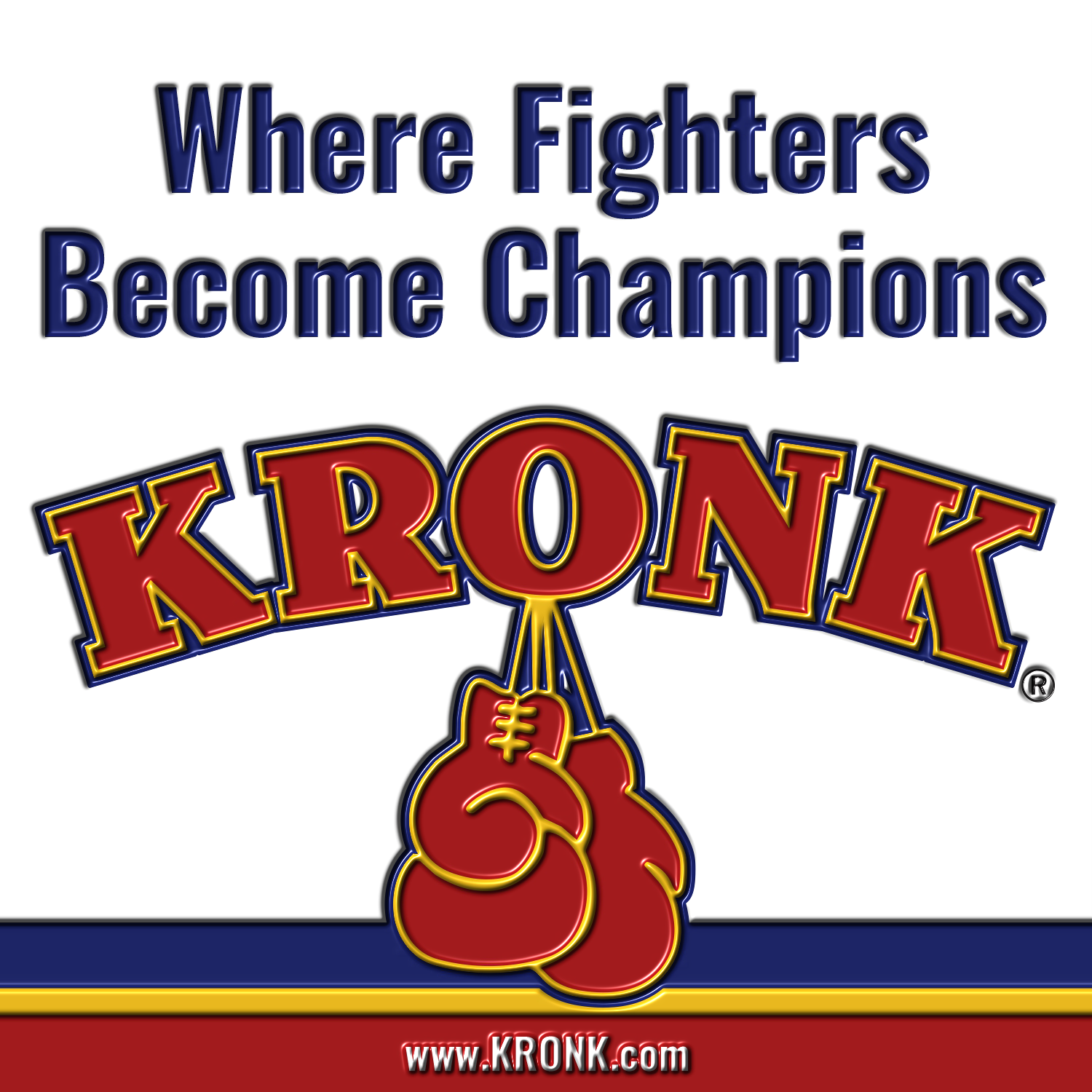How to keep your mouth healthy

Halloween is around the corner, here is how you can help your family stay mouth healthy on Halloween and year around.
Facts: Americans spend close to $9 billion on candy, and in October a lot of that candy will end up damaging the teeth of trick-or-treating children. You might be surprised to learn, however, that when it comes to causing cavities, not all candy is created equal.
Halloween is a great time for parents to think about their children’s teeth, but oral health should be a year-round concern. Regularly encourage good oral health habits with your children, including flossing daily, brushing at least twice a day and visiting the dentist regularly. That way you’ll ensure the sugary villains don’t stick around on your children’s teeth long after Halloween is over.
For healthy living and for healthy teeth and gums, think before you eat and drink. It’s not only what you eat but when you eat that can affect your dental health. Eat a balanced diet and limit between-meal snacks. If you are on a special diet, keep your physician’s advice in mind when choosing foods.
Halloween tips from dentist: Sugar has long been identified by oral health experts as a major cause of tooth decay and cavities. Naturally occurring bacteria in the mouth feed on sugar in candy and other foods and turn it into acid. This acid attacks tooth enamel and causes decay.
Sticky or chewy candies result in sugar being in contact with teeth for longer periods of time. When children chew sticky candies such as caramels or taffy, candy gets stuck on the surface and in between crevices. The longer the sugar is stuck to the teeth, the more time the bacteria have to feed on the candy and produce acid. The more acid is produced and the longer the amount of time the teeth are exposed to it, the more chance your child has of developing cavities. Sweets like chocolate that quickly dissolve in the mouth and can be eaten easily lessen the amount of time sugar stays in contact with teeth.
Tips for limiting the effects of sugary treats:
· Be selective, choose candy that can be eaten quickly and easily to limit the amount of time sugar is in contact with the teeth.
· Steer away from sticky candies like gummy fruit snacks, caramels, taffy, popcorn balls and other candies that expose the teeth to sugar for long periods of time.
· Limit consumption of sour candies that may contain acids (such as citric acid) to intensify the sour flavor. These acids can contribute to dental erosion and cavities.
· Encourage children to eat a small amount of candy in one sitting followed by a glass of water or a thorough tooth brushing.
· Encourage children to eat a good meal prior to trick-or-treating, so there will be less temptation to fill up on candy.
· Consider purchasing non-food treats for those who visit your home, such as coloring books or pens and pencils.
Good foods for your teeth:
Water, especially fluoridated water, is the best beverage for maintaining your oral health. That’s because fluoride helps to make teeth more resistant to the acid attacks that can cause cavities. As of 2012, nearly 75 percent of the U.S. population had access to fluoridated water, so drinking water from your own kitchen sink can help prevent dental problems.
Milk and other dairy products, such as cheese and yogurt, are low in sugar, which is a good thing for your dental health. Plus, they contain protein and are full of calcium, which can help to strengthen your teeth.
Phosphorus-rich foods such as meat, poultry, fish, milk and eggs help to strengthen your teeth and contain valuable protein.
Fruits and veggies are an important part of any balanced diet, and they are also good for your teeth. Since they are high in water and fiber, they help to balance the sugars they contain and help to clean your teeth. Chewing also helps to stimulate saliva production, which washes harmful acids and food particles away from your teeth.
Nuts contain protein and minerals important for overall health. In addition, nuts that are low in carbohydrates don’t add to your risk of cavities. Why? Because tooth decay is caused by acid-producing bacteria that are activated by carbs. Another benefit is that chewing nuts stimulates saliva production, which can reduce your risk for tooth decay.
Top nine foods that
damage your teeth:
What you eat matters: While these hard candies seem harmless, eat too many and the constant exposure to sugar can be harmful to your teeth. Hard candies also put your teeth at risk because in addition to being full of sugar, they can also trigger a dental emergency such as a broken or chipped tooth. Better alternative? Chew sugarless gum that carries the ADA Seal.
Ice is for chilling, not chewing: You’d be surprised at how many people think ice is good for their teeth. It’s made of water, after all, and doesn’t contain any sugar or other additives. But chewing on hard substances can leave your teeth vulnerable to a dental emergency and damage enamel.
Watch your citrus intake: The truth is that frequent exposures to acidic foods can erode enamel, making teeth more susceptible to decay over time. So even though a squeeze of lemon or lime can turn a simple glass of water into a fun beverage, it’s not always the best choice for your mouth. Citric fruits and juices can also irritate mouth sores. Make sure to drink plenty of plain water.
Not all coffee is good for you: In their natural form, coffee and tea can be healthy beverage choices. Unfortunately too many people can’t resist adding sugar. Caffeinated coffee and tea can also dry out your mouth. Frequent drinks of coffee and tea may also stain your teeth. If you do consume, make sure to drink plenty of water and try to keep the add-ons to a minimum.
Sticky foods are your mouth’s worst nightmare: When it comes to picking healthy snacks, many people put dried fruit at the top of the list. But many dried fruits are sticky. Sticky foods can damage your teeth since they tend to stay on the teeth longer than other types of food. If you find yourself eating dried fruits or trail mix often, make sure to rinse with water after and to brush and floss carefully.
Beware of things that go “crunch”: Who doesn’t love the nice, satisfying crunch of a potato chip? Unfortunately potato chips are filled with starch, which tends to get trapped in your teeth. If you choose to indulge in snacks like these, take extra care when you floss that day to remove all the food particles that can lead to plaque build-up.
Swap out soda with water: When you eat sugary foods or sip sugary drinks for long periods of time, plaque bacteria use that sugar to produce acids that attack your enamel, the hard surface of your tooth. Most carbonated soft drinks, including diet soda, are acidic and therefore, bad for your teeth. Caffeinated beverages, such as colas can also dry out your mouth. If you do consume soft drinks, try to drink alongside a cup of water.
Limit alcohol consumption: Alcohol causes dehydration and dry mouth. People who drink excessively may find their saliva flow is reduced over time, which can lead to tooth decay and other oral infections such as gum disease. Heavy alcohol use also increases your risk for mouth cancer.
Watch out for sports drinks: They sound healthy, but sugar is a top ingredient for many sports and energy drinks. The American Academy of Pediatrics says sports drinks can be helpful for young athletes engaged in prolonged, vigorous physical activities, but unnecessary in most cases. Before your next sip, check the label to make sure your drink of choice is low in sugar or drink water.
Courtesy of ADA
and Delta Dental




